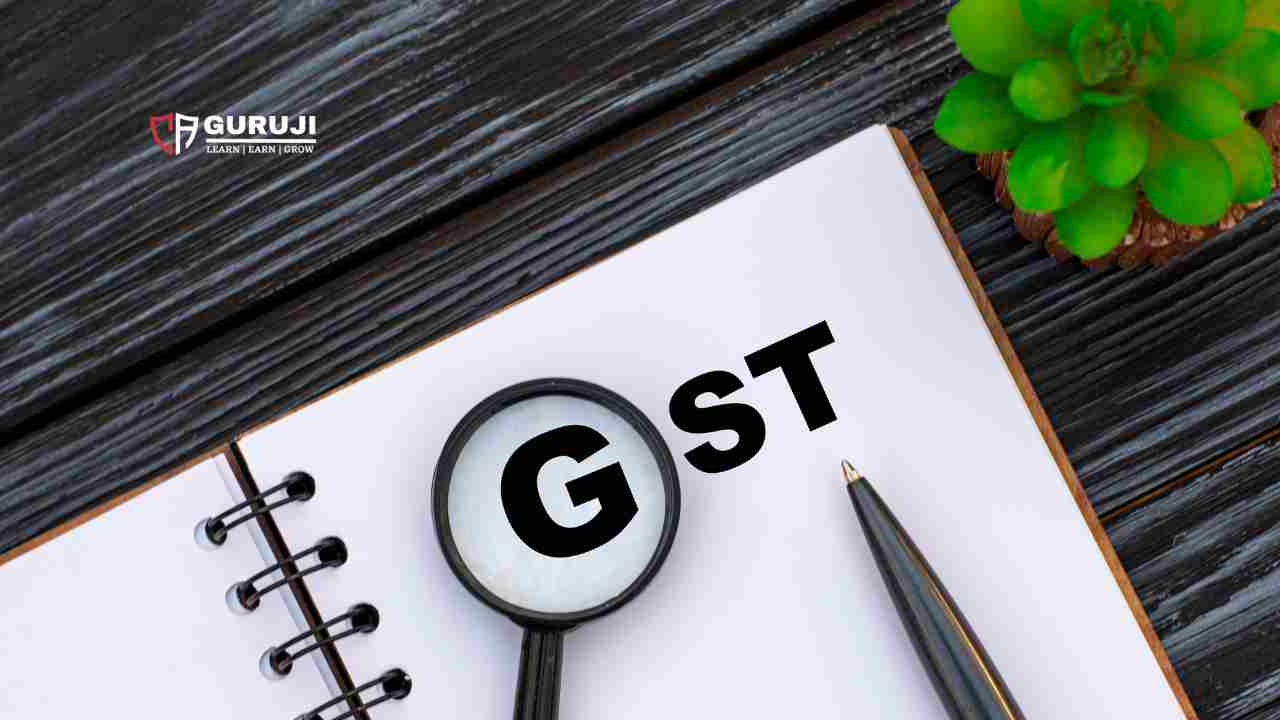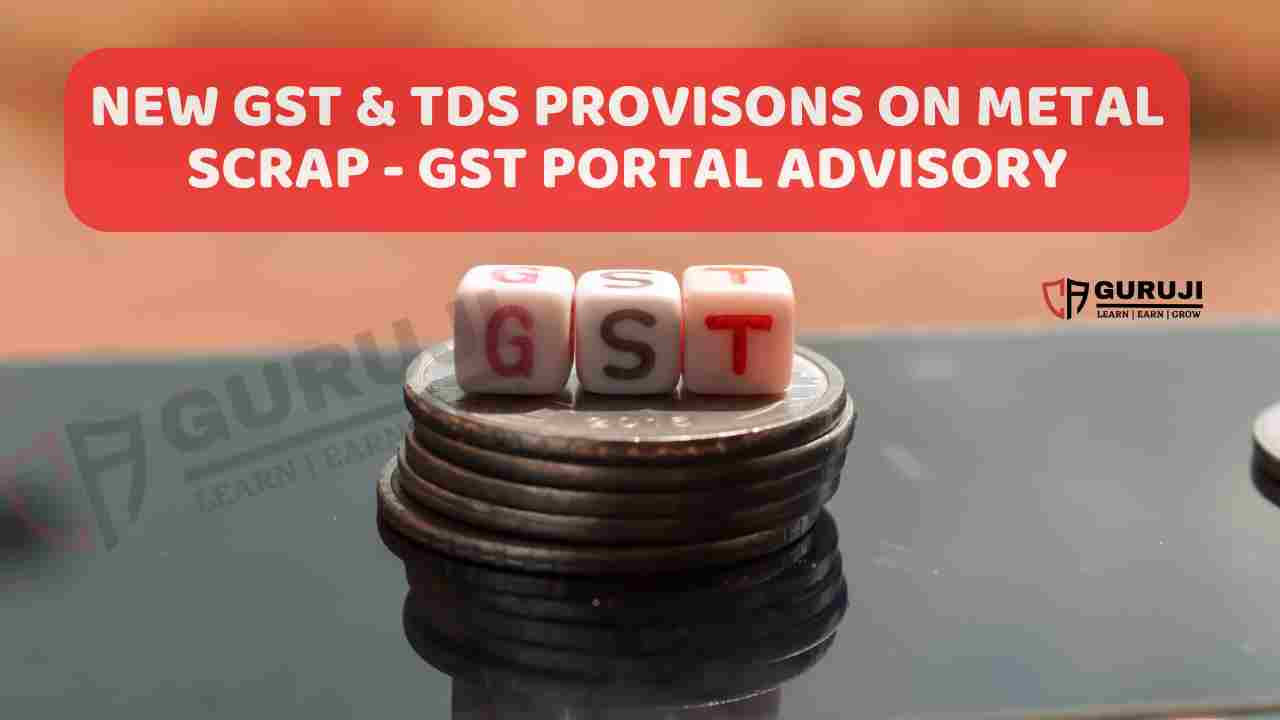The Section 16(4) of the Central Goods and Services Tax (CGST) Act delineates a specific time frame within which registered taxpayers must claim input tax credit (ITC). This provision outlines precise circumstances or transactions that dictate the timing of such claims, primarily revolving around the filing date of monthly or quarterly returns, or the annual return filing, whichever occurs earlier.
Read section 16(4) as per CGST act : (4) A registered person shall not be entitled to take input tax credit in respect of any invoice or debit note for supply of goods or services or both after the 30th of November following the end of financial year to which such invoice or debit note pertains or furnishing of the relevant annual return, whichever is earlier.
Impact of Section 16(4) of CGST Act
- Documentation Importance: Proper documentation is paramount for claiming ITC. Inadequate or erroneous documentation can lead to ITC claim rejection, necessitating meticulous record-keeping of expenses and purchases.
- Business Effects: For businesses, claiming input tax credit is essential to prevent tax evasion and promote accountability. Compliance ensures transparency in ITC claims, fostering trust and adherence to regulatory standards.
- Compliance Requirements: Section 16(4) mandates compliance with CGST Act provisions, necessitating businesses to understand and adhere to regulatory frameworks. Failure to comply can result in legal implications and penalties, particularly burdensome for small businesses.
Recent Judicial Developments
Constitutional Challenge to Section 16(4) of CGST Act: Shanti Motors v. Union of India & Ors.
Background
- Legal Context: Section 16(4) of the Central Goods and Services Tax (CGST) Act establishes a time limit for availing Input Tax Credit (ITC).
- Petitioner’s Assertion: Shanti Motors challenges the constitutional validity of Section 16(4), alleging infringement of fundamental rights under Articles 14, 19(1)(g), and 300A of the Constitution of India.
Proceedings
- Special Leave Petitions (SLPs):
- The Supreme Court has admitted the SLPs filed by Shanti Motors.
- Notices have been issued to the respondents, indicating a thorough judicial examination.
- Interim Relief:
- The court has issued notices on interim reliefs sought by the petitioner.
Legal Representation
- Legal Team:
- Shanti Motors is represented by a notable legal team, including:
- Mr. Sujit Ghosh, Sr. Adv.
- Mr. Bimal Jain, Adv.
- Ms. Mannat Waraich, AOR
- Mr. Ajinkya Tiwari, Adv.
- Mr. Keshav Jatwani, Adv.
- Shanti Motors is represented by a notable legal team, including:
Implications
- Significance:
- The outcome of this case holds significant implications for businesses and taxpayers impacted by the time constraints on claiming GST credit.
- Potential Consequences:
- The resolution of this legal challenge may affect compliance requirements and administrative procedures related to GST credit claims.
Awaited Developments
- Stakeholder Interest:
- Professionals and business owners are keenly awaiting further details and developments in the case.
- Clarity Expected:
- The Supreme Court’s decision will provide clarity on the constitutional validity of Section 16(4) of the CGST Act and its implications for businesses nationwide.
The Conundrum: Pre- or Post-Compliance Vesting?
- Interpretation: Does ITC become a vested right only after fulfilling Section 16(2) conditions, or earlier upon complying with Section 16(1)?
- Debate: Is ITC a conditional right rather than a vested right, considering compliance with Section 16(1) and Section 16(2)?
Section 16(2) Takes the Wheel
- Primacy of Section 16(2): Advocates argue that the “non-obstante” clause in Section 16(2) overrides other provisions, making Section 16(4) redundant.
- Considerations: While Section 16(2) holds weight, considering other provisions like Section 16(3) is crucial, as it further limits the scope of ITC enablement.
Recent Judgements and Legal Interpretations
- Andhra Pradesh HC vs Kerala HC: Contrasting rulings on the constitutional validity of time limits for claiming ITC highlight the complexity and legal debates surrounding Section 16(4).
- Implications: These judgements shed light on the need for clarity and consistency in interpreting and applying Section 16(4) of the GST Act.
CBIC Circular on Implementation of Section 16(4) of IGST Act
On September 30, 2023, the Central Board of Indirect Taxes and Customs (CBIC) issued Circular No. 24/2023-Customs, providing guidelines for the implementation of Section 16(4) of the Integrated Goods and Services Tax (IGST) Act. This circular addresses restrictions on the export of specific goods with IGST payment obligations and their inclusion in the refund mechanism.
Key Points from the Circular:
- Effective Date: Section 16(4) of the IGST Act, 2017, as per Notification No. 01/2023-Integrated Tax dated 31.08.2023, will be effective from 01.10.2023.
- Export Restrictions: Goods or services specified in the Table annexed to Notification No. 01/2023-Integrated Tax may only be exported under Letter of Undertaking (LUT), while all other goods or services may be exported on payment of integrated tax, with the supplier eligible to claim a refund of tax paid.
- Compliance Enforcement: Officers are instructed to sensitize themselves, especially for manual Shipping Bills in Non-EDI ports or export through posts/courier, to prevent the export of notified goods on payment of IGST, ensuring compliance with Section 16(4) of the IGST Act 2017.
- Communication to Trade: The department requests the issuance of suitable trade notices/public notices to educate the trade on these guidelines.
Plea Challenging Constitutional Validity:
Rainbow Infrastructure Private Limited & Anr. vs Assistant Commissioner, State Tax, Goods and Service Tax
- Issue: The Calcutta High Court issued notice to the Centre and State Government on the plea challenging the constitutional validity and vires of Section 16(4) of the CGST Act, 2017, and West Bengal Goods and Service Tax Act, 2017.
- Argument: The plea argues that denying Input Tax Credit (ITC) if not claimed within the due date of furnishing returns is arbitrary and unreasonable, violating constitutional provisions.
Belated Returns Not Exonerating Time Limit for ITC Claim:
Thirumalakonda Plywoods vs The Assistant Commissioner
- Ruling: The Andhra Pradesh High Court held that the acceptance of belated returns by the department, along with late fees, does not exempt the assessee from the time limit for claiming Input Tax Credit (ITC) under Section 16(4) of the Andhra Pradesh Goods and Services Tax (APGST) Act and Central Goods and Services Tax (CGST) Act, 2017.
- Court’s Emphasis: The court emphasized that acceptance of late returns does not exempt the petitioner from Section 16(4) requirements, upholding the validity of the assessment order.
Constitutionality Upheld by Various High Courts:
- Chhattisgarh High Court: Upheld the constitutionality of Section 16(4) of the CGST Act, asserting that it does not violate constitutional articles.
- Patna High Court: Also upheld the constitutional validity of Section 16(4) of the CGST Act, preserving Fundamental Rights and Legal Consistency.
- Karnataka High Court: Dismissed a petition challenging Section 16(4) as ultra vires the constitution, granting liberty to the petitioner for further proceedings.
Interpretation by Andhra Pradesh High Court:
Thirumalakonda Plywoods vs The Assistant Commissioner
- Observation: The Andhra Pradesh High Court held that Section 16(2) does not override Section 16(4), as both sections operate independently.
- Conclusion: The division bench dismissed the petition, emphasizing the interpretation and application of Section 16(2) and Section 16(4) of the CGST Act.
Other Noteworthy Decisions:
- Madras High Court: Ruled that interest should only be levied on the cash component of belatedly remitted tax, not on available Input Tax Credit.
- Madras High Court’s Direction: Highlighted the need for proper implementation of Section 16(4) to avoid undue benefits in GST transactions.
Andhra Pradesh High Court’s Ruling:
- Case: Thirumalakonda Plywoods vs Assistant Commissioner – State Tax
- Conclusion: The division bench, comprising Justice U. Durga Prasad Rao and Justice Mallikarjuna, dismissed the writ petition, upholding the constitutionality of Section 16(4) of the APGST Act. They found no contradiction between Sections 16(2) and 16(4), emphasizing that both are independent and not mutually exclusive.
Chhattisgarh High Court’s Verdict:
- Case: Jain Brothers vs Union of India
- Conclusion: The bench, comprising Justices Radhakrishnan K Agarwal and Sanjay K Agarwal, upheld the constitutional validity of Section 16(4) of the CGST Act, stating that it does not infringe upon constitutional provisions. The court deemed it a sound legislative provision.
Patna High Court’s Decision:
- Case: Gobinda Construction vs Union of India through the Secretary
- Conclusion: The Patna High Court upheld the constitutional validity of Section 16(4) of the CGST Act. It ruled that the section’s restrictions on ITC claims do not violate fundamental rights and legal consistency.
Karnataka High Court’s Dismissal:
- Case: Shri Prabhayya Basayya Dandavatimath vs The Commissioner of Central Goods and Service Tax and Central Excise
- Conclusion: The Karnataka High Court dismissed the writ petition challenging the constitutionality of Section 16(4) of the CGST Act, stating it was not pressed. The petitioner was given liberty to challenge the order in separate proceedings.
Madras High Court’s Interpretation on Interest and ITC:
Levying Interest on Belated GST Cash Payments:
- Case: Not specified
- Observation: The Madras High Court clarified that interest should be levied only on the cash component of belated tax payments, not on available Input Tax Credit (ITC). It reasoned that ITC indicates the state’s enrichment and differs from situations of deprival.
Remand of ITC Claim Due to Cash Crunch:
- Case: TVL.Kavin HP Gas Gramin Vitrak vs The Commissioner of Commercial Taxes
- Conclusion: The Madras High Court remanded the ITC claim of the assessee due to cash crunch, allowing manual returns for ITC claims. It highlighted the need for improvements in GSTN infrastructure, suggesting manual filing options until online systems are optimized.
These judicial decisions provide insights into the interpretation and application of Section 16(4) of the CGST Act, addressing concerns over its constitutionality and implications on ITC claims.
Conclusion:
- Various high courts uphold the constitutionality of Section 16(4) of the CGST Act, emphasizing compliance and legal consistency.
- Judicial decisions highlight the complexity surrounding ITC claims and the need for improved GST infrastructure.
Visit www.cagurujiclasses.com for practical courses











Sir Good morning..Due to illness in family we all family members were corronna positive in the month of aug 2020 and were quarantine at home by Municiple authorities and my second son was admitted in hospital on 12 sept 2020 …we filed our 3 b returns on 12 Nov 2020 and now we got a notice to for denial of ITC and payment with interest and penalties..Pl suggest a way out ..Thanks Vinod Luthra Nashik